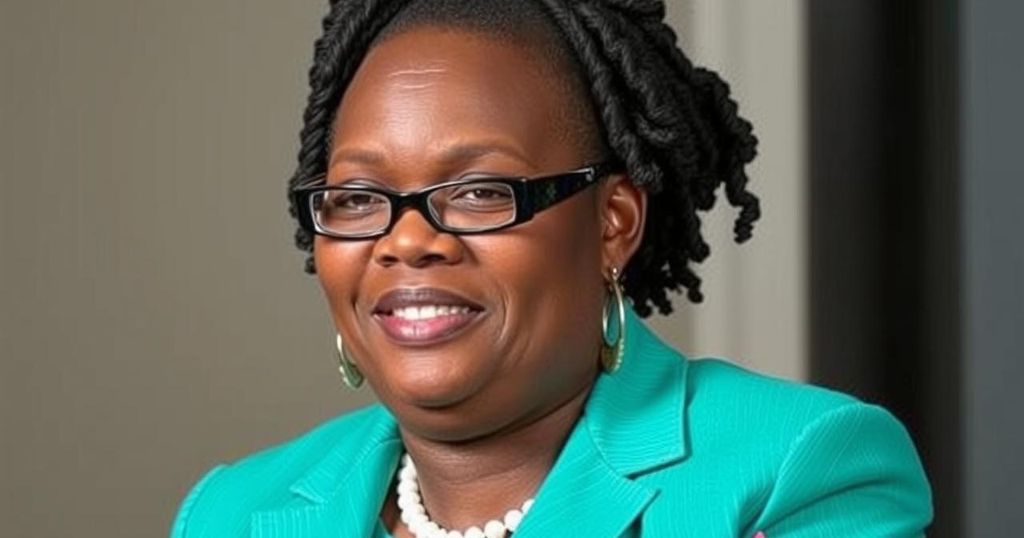The Namibian opposition, led by Panduleni Itula, refuses to accept the election results citing electoral malpractices. Voting faced logistical issues extending into Saturday, contributing to their claims of illegitimacy. Nandi-Ndaitwah from Swapo currently leads with 48%, while the IPC calls for justice through the courts due to voting mismanagement.
Namibia’s main opposition party has publicly declared its refusal to accept the results of the recent general election, which encountered significant logistical challenges. Panduleni Itula, the presidential candidate for the Independent Patriots for Change (IPC), asserted there were “glaring and undeniable” electoral malpractices that marred the integrity of the voting process. With the Swapo party’s candidate, Netumbo Nandi-Ndaitwah, striving to become the first female president of Namibia, the election results are still being tabulated, revealing that Nandi-Ndaitwah leads with 48% compared to Itula’s 30%. The IPC now plans to seek legal remedies through the courts while encouraging individuals who faced voting obstacles to report instances of electoral mismanagement to the authorities.
Namibia, which has been governed by the South West Africa People’s Organisation (Swapo) since gaining independence in 1990, holds elections that frequently garner international attention due to the nation’s evolving political landscape. Recently, as seen in the 2024 election, logistical errors such as ballot shortages and technical equipment failures resulted in a prolonged voting period, raising concerns about the electoral process’s validity. The IPC’s refusal to accept the election results could indicate a shift in the country’s political climate, particularly given Swapo’s declining popularity in recent years.
The opposition’s denial of the election results highlights significant concerns regarding electoral integrity in Namibia. With ongoing discontent regarding the electoral management and Swapo’s waning popularity, the IPC’s pursuit of accountability through legal channels may further shape the country’s political discourse. This election remains critical for Namibia, emphasizing the need for transparent and fair electoral processes moving forward.
Original Source: www.bbc.co.uk






